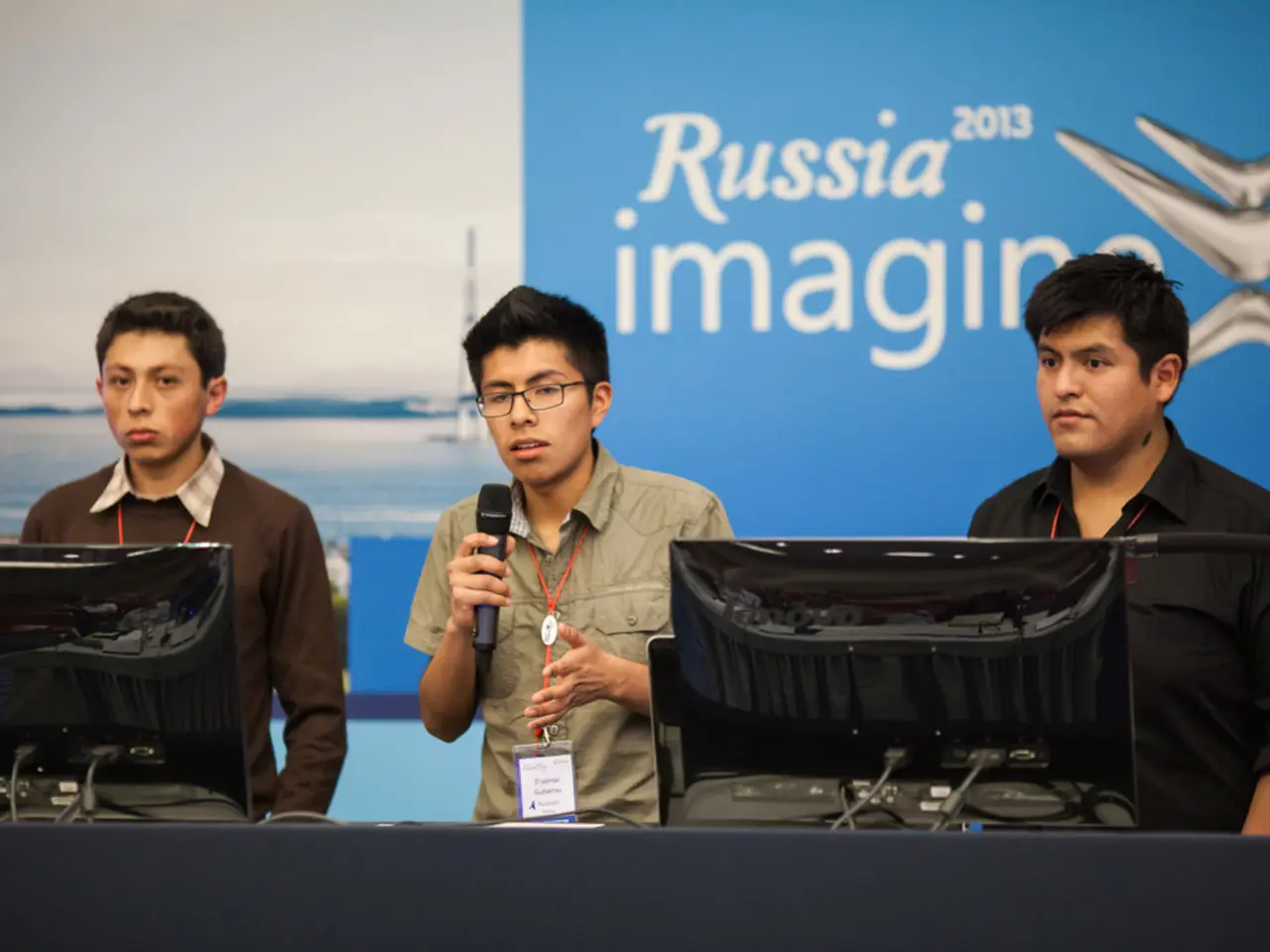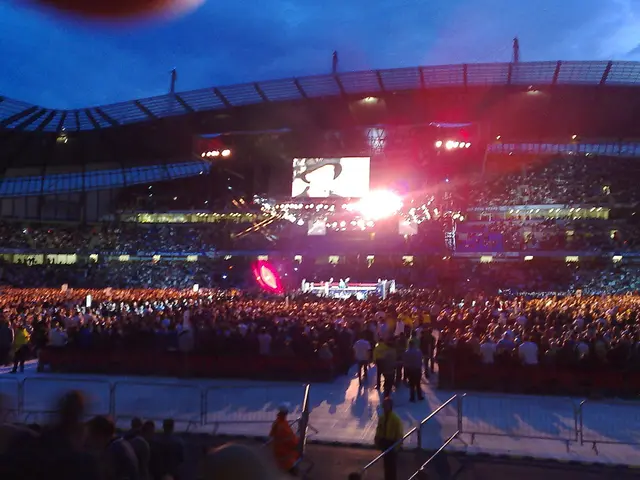International Security Council Declines to Lift Sanctions on Iran, Negotiations Remain for Potential Delay
Iran found itself in the spotlight of international politics this week, as Britain, France, and Germany accused it of violating the 2015 nuclear deal aimed at preventing it from developing a nuclear weapon. The accusations led to the triggering of the snapback mechanism, setting up a week of intense diplomacy during the annual high-level UN General Assembly.
The snapback mechanism, initiated on August 28, 2025, could potentially reinstate UN sanctions on Iran. However, Acting US Ambassador Dorothy Shea emphasised that a return of sanctions does not preclude later removal through diplomacy. The US, she stated, does not impede the possibility of real diplomacy with Iran.
Germany, France, and the UK have been firm in their stance, urging Iran to comply with nuclear enrichment limits and allow transparent cooperation with the International Atomic Energy Agency (IAEA). They remain open to diplomatic dialogue but require Iran to act first to restore trust and adhere to its commitments.
The Security Council vote on the matter did not result in the adoption of a draft resolution to permanently lift sanctions on Iran. Instead, it saw a divided response, with Russia, China, Pakistan, and Algeria voting in favour, while nine members voted against, and two abstained.
In a move to extend the 2015 deal for six months, Russia and China have drafted a Security Council resolution. However, they have not yet asked for a vote. Iran's strategic allies, Russia and China, have also proposed a draft resolution to extend the deal.
Britain, France, and Germany have offered a compromise: a delay on reimposing sanctions for up to six months if Iran restores access for UN nuclear inspectors, addresses concerns about its stock of enriched uranium, and engages in talks with the United States. This offer comes after foreign ministers of Germany, France, and Britain have met twice with their Iranian counterpart since the snapback process was triggered.
Britain's UN Ambassador Barbara Woodward urged Iran to take steps towards a swift diplomatic solution, while French UN Ambassador Jerome Bonnafont mentioned that these meetings have taken place. President Trump, too, has expressed readiness for meaningful, direct, and timebound dialogue with Iran.
As the UN General Assembly continues, the international community waits with bated breath to see how this diplomatic dance will unfold. The stakes are high, and the world watches as the players on the global stage manoeuvre for a resolution that ensures the peaceful resolution of the Iran nuclear issue.
Read also:
- United States tariffs pose a threat to India, necessitating the recruitment of adept negotiators or strategists, similar to those who had influenced Trump's decisions.
- Weekly happenings in the German Federal Parliament (Bundestag)
- Southwest region's most popular posts, accompanied by an inquiry:
- Discussion between Putin and Trump in Alaska could potentially overshadow Ukraine's concerns







